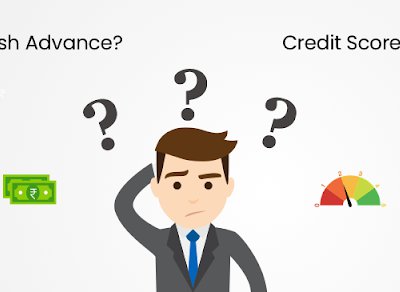Managing joint credit can be as simple or as complicated as the people involved. Failing to recognize and address the requirements of joint credit management can potentially have devastating repercussions on your credit score that may affect both your lives for years to come.
The first step to managing joint credit is to understand the three types of joint credit arrangements.
Joint credit
Joint credit accounts allow both parties to charge to the account, have access to the statements, and both parties are liable for the entire debt. Married couples, committed partners, and other family relationships often use joint credit accounts.
Cosigner
Cosigners have no ability to use the account to make purchases or have access to the statements. They are, however, liable for the debt if the primary account holder defaults and refuses to pay. Lenders may require a cosigner if a party has poor credit or no credit history. Parents often cosign leases on their child’s first apartment because the child has not developed a credit history.
Authorized user
An authorized user on a credit card can make purchases up to the credit limit of the card. The authorized user has no legal responsibility to repay the debt. The debt is the total responsibility of the primary card holder. Parents often send their child off to college with a credit card for emergencies. The student is an authorized user; the parent is responsible for the repayment.
The next step is to understand the psychology and financial philosophy of each party involved. Yes, you may love each other, but unless you engage in a candid discussion of your approach to spending and saving, you can’t really begin to manage your joint credit.
If you have similar approaches to spending and savings then joint credit will be easier to manage. If your approaches, however, are different (for instance, one of you is a spender and the other is a saver), you can decide to have some joint accounts, and some individual accounts. It might look something like this:
Joint accounts Paid from a joint bill payer account:
- Mortgage
- Utilities
- Emergency credit card
Individual accounts:
- Store credit cards
- Non emergency credit cards
- Car loans
Finally, whenever your finances intersect with the finances of another, there are consequences. Anticipating and planning for the consequences are vital to good financial management. No one, particularly newlyweds, thinks that they will ever separate or divorce. Smart couples will make a plan for separating their finances — should the worst happen and they separate. Remember if you live in a community property state, you may still be held liable for your partner’s credit card debit even if you are not a signer on the account.
Your credit history and score are the keys to the kingdom. They open doors to opportunity and advancement, sharing them can be a life altering decision and requires a thoughtful process.






